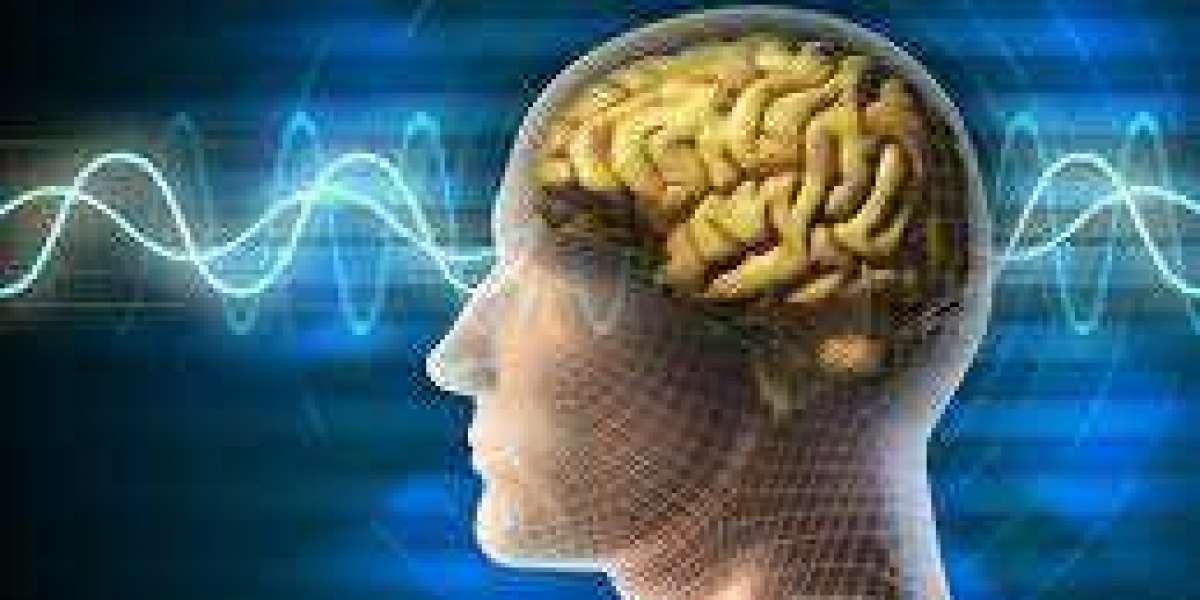The brain plays a critical role in addiction. Once a drug or alcohol enters the brain, it signals the release of "feel good" chemicals called dopamine and serotonin. Dopamine floods the brain's reward center, making people feel euphoric and relaxed. The levels of these neurotransmitters are directly related to mental health. Low levels of serotonin, for example, can lead to symptoms of depression and anxiety. They may also contribute to eating disorders.
Genetic predisposition to addiction
In addition to a genetic predisposition to addiction, early life circumstances can also influence a person's susceptibility. Children who live in unstable families may turn to drugs and alcohol to cope with the problems they face. In addition, parents with substance abuse problems may lack the support they need to help their children avoid the consequences of their behavior. Furthermore, families with a history of violence and instability may also be prone to drug abuse.
Several studies of identical twins have helped researchers identify genetic markers for substance abuse. One study funded by the National Institutes of Health found that brain activity spiked after a sudden stimulus - known as the P3 response - was significantly lower in people with alcohol dependence disorders. This response was also associated with other types of drug addiction and behavioral disorders such as adult antisocial personality disorder. Genetic research is the key to understanding addiction and mental health.
Research has shown that between 40% and 60% of addiction susceptibility is attributed to genetics. While no specific gene has been identified, studies have shown that addiction runs in families and can be cured with behavioral changes. However, genetics cannot guarantee addiction or a person's recovery from addiction. The American Psychological Association states that a genetic predisposition to addiction isn't a cause for despair.
Psychological effects of substance abuse on mental health
The psychological effects of substance abuse are not always immediately apparent. For example, drug use may trigger episodes of psychosis, the most serious form of mental disorder. These episodes, however, are usually unrelated to the substance abuse. This article will outline some of the main psychological effects of substance use on mental health. Detailed information about the effects of alcohol and other drugs on the brain is available here. To understand these effects, you should first learn about the causes of addiction.
Many people with substance abuse disorders also suffer from other mental health problems, such as depression and anxiety. In such cases, people may use drugs as self-medication to reduce the symptoms of their mental illness. Using substances may temporarily alleviate the symptoms, but the long-term effects may be devastating. Furthermore, substance use can cause brain changes, enhancing the rewarding effects of the drug, and making the person more likely to continue using the substance. In addition, prolonged substance use can increase the risk of developing a mental disorder.
Although these findings are encouraging, further research is needed to identify the causes of co-occurring conditions. Additional studies should examine the experiences of young people with substance use and the motivations for their substance use. Also, additional research should consider whether drug treatment can help young people with dual diagnoses overcome mental health problems. In the meantime, it is essential to understand the psychological effects of substance use and mental health. This article outlines some of the key facts on how substance use affects mental health in youth.
Treatment options for people with co-occurring disorders
While co-occurring disorders are often under-diagnosed and undertreated, they can be devastating to the sufferer, their families and society. Early diagnosis and effective treatment of these conditions can help patients lead productive lives and improve their quality of life. Treatment models are based on the use of a multidisciplinary approach to address both the physical and emotional symptoms of the patient. A family therapy program engages the whole family in the treatment process, facilitating the person's recovery and success.
Despite these statistics, many individuals struggle with substance use and mental health issues. Co-occurring disorders are complex conditions that can be difficult to treat alone. The combination of these problems is a recipe for disaster. In fact, over 7.9 million Americans currently suffer from mental health and substance use disorders. In the U.S., over half of all adults suffer from at least one of these disorders.
Treatment for co-occurring disorders must be tailored to each disorder's specific characteristics and nuances. While the treatment for one condition may be entirely different than the other, it is essential for recovery. Drugs and alcohol abuse can further exacerbate symptoms of the other condition. Treatment must address both of these issues, which can make it harder to get rid of the co-occurring disorders. The best approach for treating these disorders is to seek professional help.








